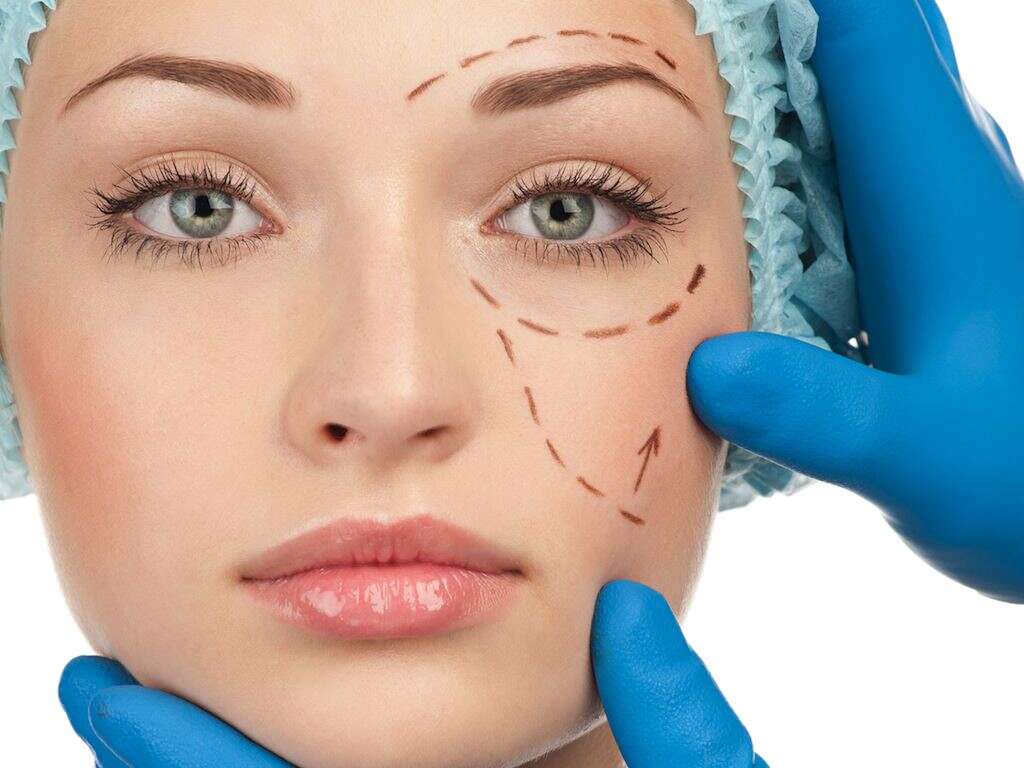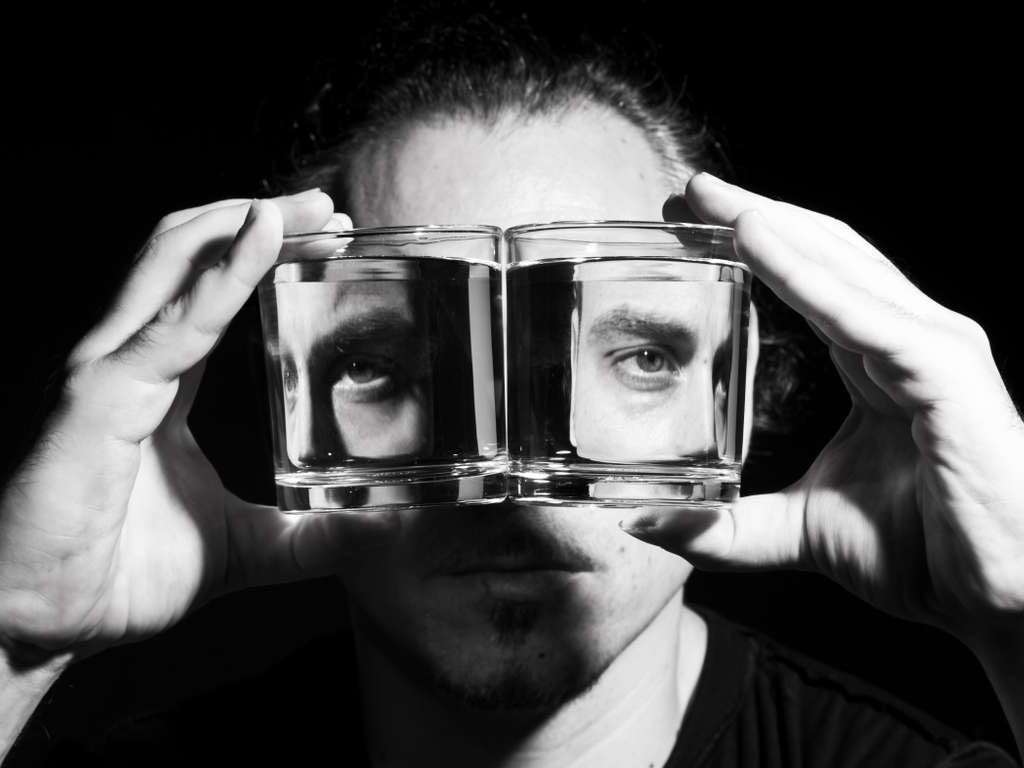10 Symptoms of a Histrionic Personality Disorder
As social creatures, it is in our genetic make-up to seek out the attention of others. We want to spend time in the company of others, to share stories with others, to seek assurances from others. Such is our need for the company of other people, our physical and mental health can be impacted quite significantly if we are isolated for long periods of time.
In people with histrionic personality disorder, however, this desire for attention from other people can become obsessive 1https://www.psychologytoday.com/us/conditions/histrionic-personality-disorder. They will need to feel as though they are constantly receiving attention from others and can behave in extreme ways to get the attention they so desire.
Symptom #1: Exhibitionism
Showing off can be fun at times. It can be entertaining and funny to generally help others have a good time. There is also a need to do so within reason and overdoing it can create some negative opinions. For some people, though, the desire to be the center of attention makes them prone to exhibitionism as much as possible.
People with histrionic personality disorder are likely to always be the one that’s the center of attention. The way they dress, act and speak will all be aimed at helping them to show off and catch the attention of everybody around them. If somebody else is the center of attention, then the person with histrionic personality disorder will do what they can to take over the limelight.
Symptom #2: Obsession with Physical Appearance
We generally do what we can to look reasonably smart. Even when dressing casually we will still take some pride in our appearance, and we are likely to put in even more effort when going out in public. There is usually nothing wrong at all in taking some pride in our appearance, but it is possible to take it to extremes.
People with histrionic personality disorder are likely to have an obsession with their appearance. Their clothes need to be perfect and their hair and makeup need to be spot on. They can spend hours getting themselves ready and can feel very uncomfortable if they think they don’t look perfect.

Symptom #3: Blaming Others
Life can be a series of challenges, and things don’t always go as planned. There can also be a lot of learning experiences, particularly opportunities to learn from our mistakes. To learn from a mistake, though, you first need to accept it, and this is harder for some people than others.
For a person with histrionic personality disorder, accepting they made a mistake can be very difficult indeed. Instead of accepting the blame themselves, they will instead blame other people, even for their own failings. Not only does it mean they are unlikely to learn from their mistakes, it can also cause a great deal of tension with others around them.
Symptom #4: Easily Influenced
We are all influenced by other people to some degree. Peer pressure influences much of our lives from how we dress to what we eat. We are also likely to be influenced by friends on nights out and the activities we get involved in. Despite this, most of us are able to say ‘no’ when we think certain ideas are potentially harmful in some way.
For people with histrionic personality disorder, however, it is much harder to say ‘no’. It can be very easy to influence them into doing things they would not normally do, even if it is potentially damaging to them or others. This is a trait that can potentially lead to them being taken advantage of by others with nefarious intentions.

Symptom #5: Over Dramatic
We can all get emotional from time to time. It is all but impossible to keep clear of things that upset us, and emotions are a very natural response. Usually, though, our emotions are proportionate and appropriate to the situation at hand. Some people, however, can act with a disproportionate degree of emotion even over the smallest of things.
People with histrionic personality disorder are likely to become very emotional. Whenever an issue does arise, they can act in a theatrical manner, over-exaggerating the problem significantly. Their mood can be very easy to shift, and it can be quite apparent to others that their actions are all just an act.
Symptom #6: Shallow
While material and aesthetic attributes will often play a large part in our lives, they tend not to dominate how we live. Alongside appreciation of the appearance of objects and other people, we will also usually hold considerable importance in their inner values. For some people, though, materialism and aesthetics can be significantly more important than everything else.
Shallowness is a common symptom in people with histrionic personality disorder. Many of their decisions are based on outward appearance only, with little to no consideration for the deeper things in life. It can lead to some people feeling quite hurt by their actions and can put considerable strain on relationships.

Symptom #7: Overtly Sexual
Sex is one of the most natural activities that anybody can take part in. Desiring and seeking sex is also very natural and harmless. Certain codes should be adhered to, and this can include flirting, which makes others aware of your interest. If it is not done within reason, though, much harm can be done socially and in other ways.
The need to be desired can be so strong for people with histrionic personality disorder that they can act in very provocative ways. Their behaviour can be inappropriate and offensive to others making them unwelcome in certain venues and can also lead to disagreements with other people.
Symptom #8:
For patients with histrionic personality disorder, it is vital to be the center of attention at all cost. They can use different methods to do it, such as seduction and manipulation.
Some specialists on this topic have claimed that Marilyn Monroe was the perfect example of a patient with this disorder. Based on her seductive nature, spotlight-seeking behavior and her short but intense relationships, she fits perfectly in the diagnostic criteria for this disorder. Even though we find lots of traits in Marilyn Monroe’s personality to qualify her as an example, it is important to state that there is no way to make this particular diagnosis, it is only used as an example.

Symptom #9: Exaggerating Relationships
At any one point, we are likely to have numerous friends and acquaintances. Some of these will be closer than others, ranging from people you just happen to work with to those with whom you are in an intimate relationship. Usually both parties will understand the nature of their relationship with each other, but not always.
For people with histrionic personality disorder, it can be easy to exaggerate the level of intimacy in their relationships with each other. It can be easy for them to believe that certain relationships run deeper than they actually do, potentially reading intimacy into even passing acquaintances. It has the potential for some very difficult misunderstandings that can be damaging to all involved.
Symptom #10: Constantly Seeking Reassurance
We will often have to make decisions in life or perform actions that may be judged by other people. Most of the time, we are confident enough in what we are doing to not need reassurance from other people. There are some times, though, when we may seek others’ opinions.
One symptom of histrionic personality disease is the constant need for reassurances from others. They will constantly want to be told that they did OK or positive feedback regarding their actions and appearance. It might be that they need constant reassurance of the same thing, regardless of how often they have been reassured already.










